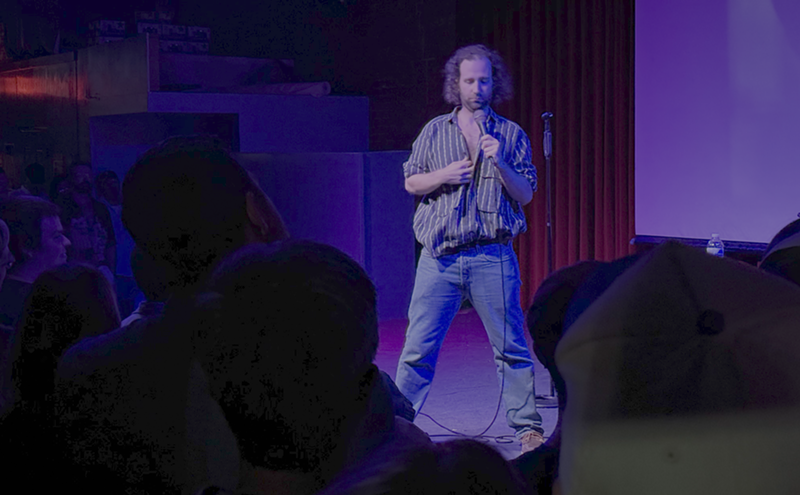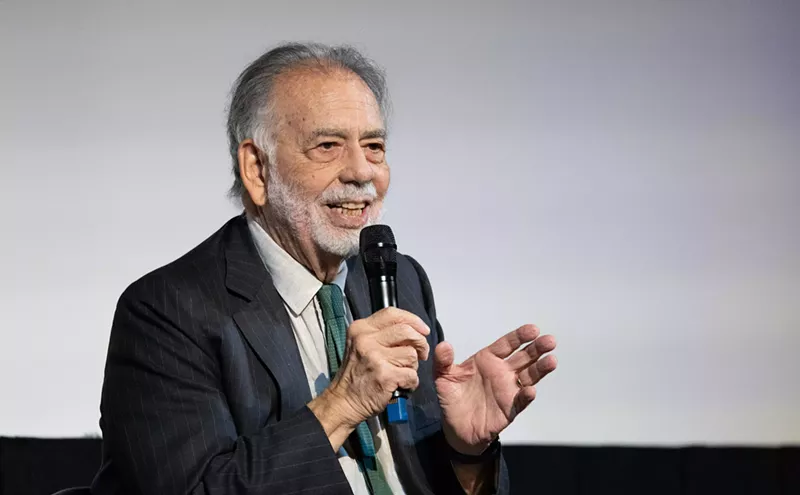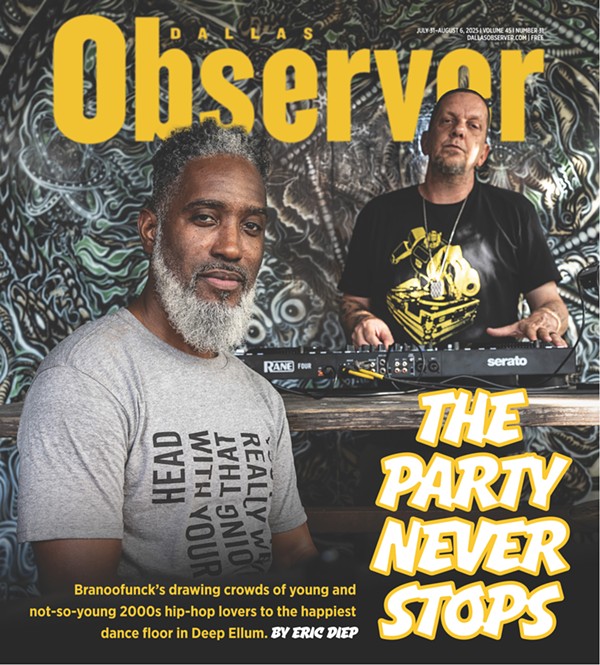Here, we are serious about our forecast. Not only do we talk a great deal about the weather, but we also allow it an almost ridiculous amount of influence over our everyday lives. TV weatherfolk are local celebrities. In Dallas, as many people probably know David Finfrock as know David Duchovny. That's partly because of big weather events like the Fort Worth tornado, but it's also because the extended summers and near nonexistence of autumn cause us what some would perceive as undue duress. At that time of year, when we've futilely dragged our sweaters out of mothballs and are awaiting an end to another record-breaking spell of scorching heat, we become Weather Channel junkies. We bore all our friends with longwinded diatribes on the foul state of atmospheric conditions and empty vows of getting out of this hellhole of a city. We make weather.com the default page on our Web browser, so as not to miss any late-breaking development or upcoming temperature change. Changes in the jet stream frighten us. Pollen counts are examined like scripture.
Nova and Frontline will attempt to shed light on our obsession in their appropriately titled collaboration What's Up With the Weather?. (Granted, they're thinking on a more global level than we are, as scientists and documentary filmmakers are wont to do.) The show, which premieres Tuesday night, will investigate global warming and will feature interviews with both proponents and detractors of the theory. Their "heated debate" (hey, this was in the rather dry press release; we don't know whether the pun was intended) seeks to answer the question of whether the documented rise in temperatures over the years is due to man's consumption of fossil fuels or whether it was just bound to happen.
It's appropriate that the show is co-produced by Nova and Frontline, because global warming is as controversial and divisive in the world of politics as it is in scientific realms. Take Al Gore's negotiation of an environmental treaty in Kyoto, Japan, in 1997; it would have industrial nations reduce their emissions of carbon dioxide and other greenhouse gases. Political critics, including the fuel-industry lobby, cite harm to the U.S. economy through such a treaty. And some environmental scientists say that even if the treaty were adhered to, the effects it would have on the changes in climate are negligible. What we need to do, they say, is to increase our reliance on alternate forms of energy -- a theory that, of course, has its critics as well. Meanwhile, the treaty has never been ratified.
Dull climato-philes that we are, we'll be watching, though in our normal selfish shortsightedness we may not see the effects that such an important, publicized, and worsening problem has on our lives here and now. But this is the weather, a ruling force in our life, so we'll try to assume an unselfish attitude and understand that even people outside of North Texas in the very early 21st century are affected by it. Yes, we'll watch, hoping for an answer to the question posed in the show's title -- and trying to decide whether we need to move up north before it's too late.
Larra Ann Keel












